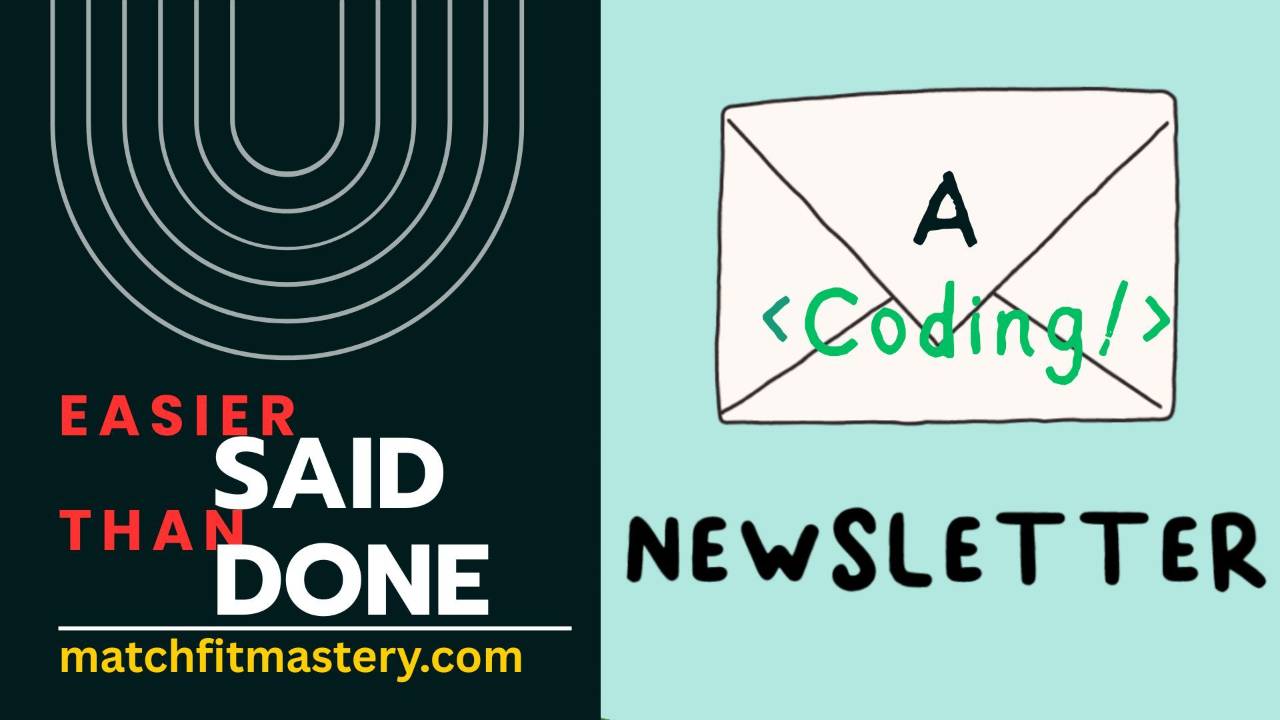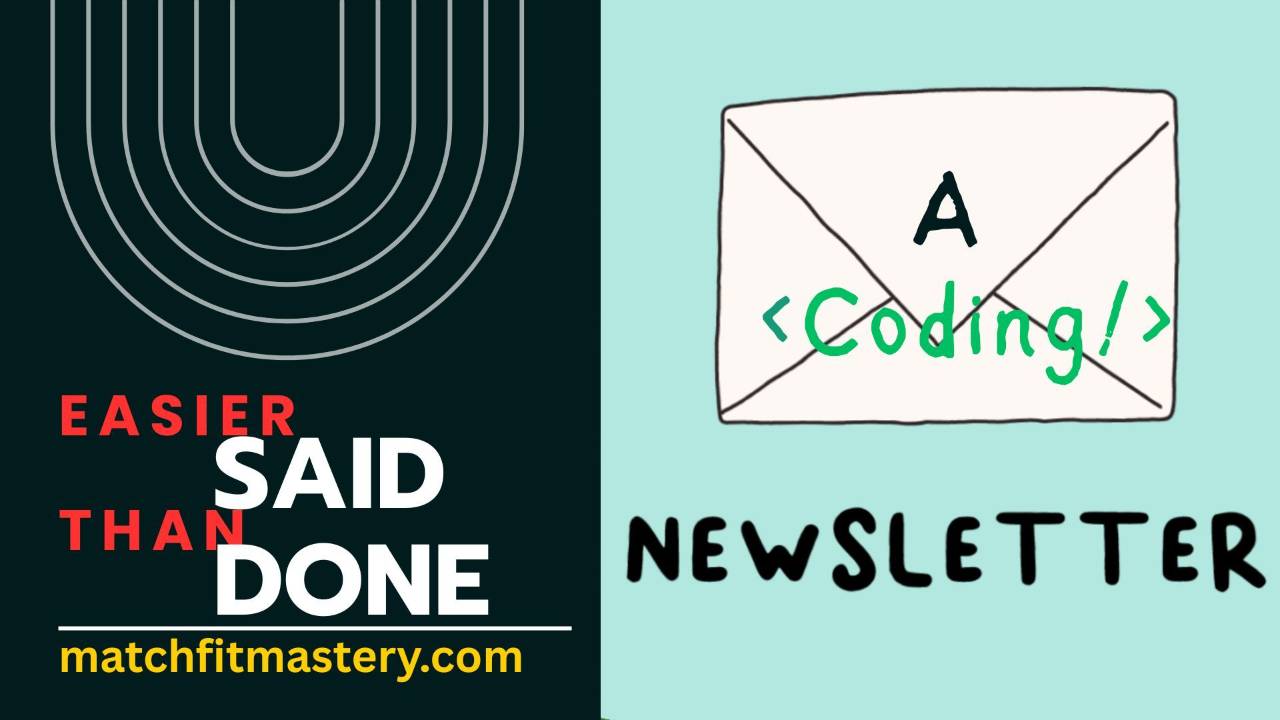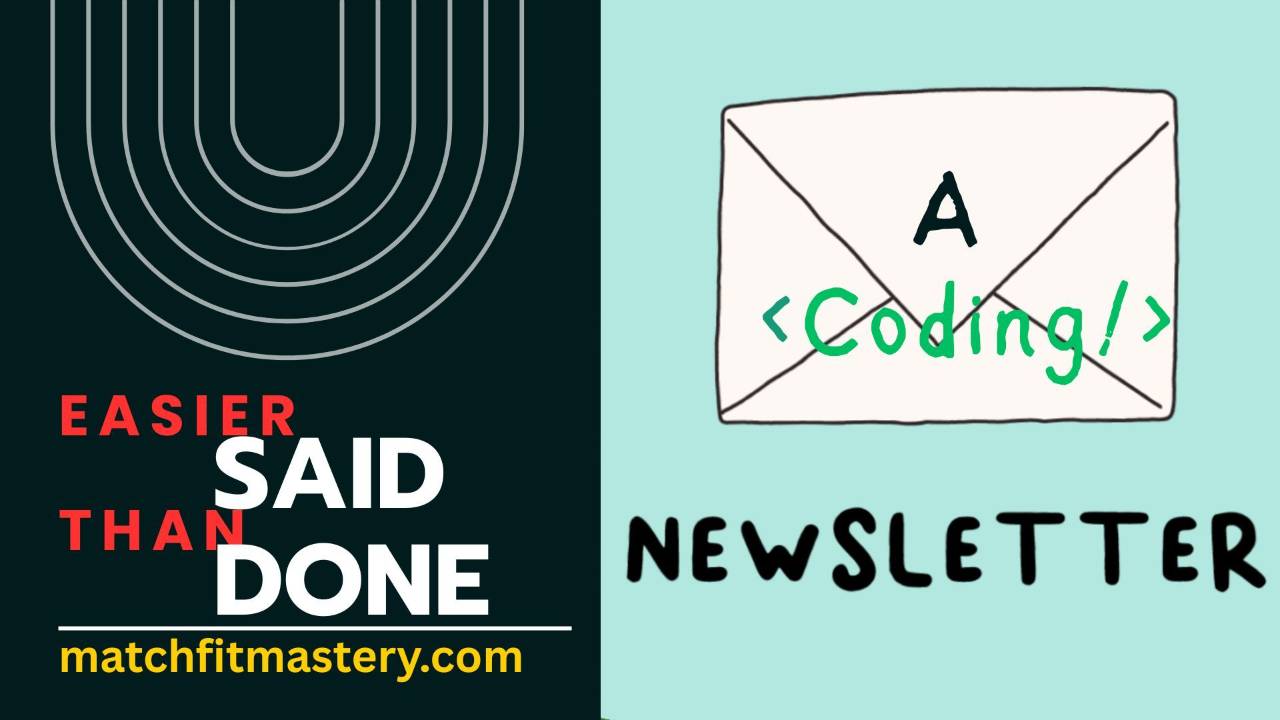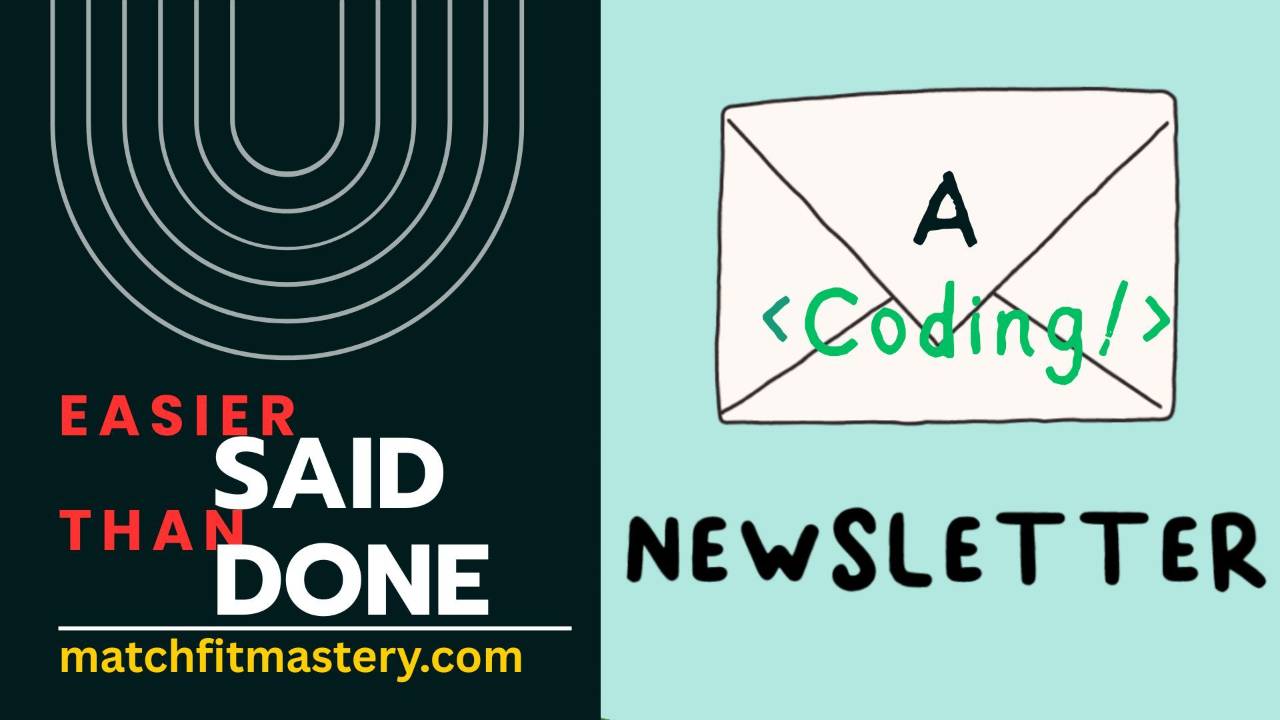Here's What Tech Recruiters Really Want
You've leveled up your coding skills. You've built a portfolio you're proud of. You're ready to unleash your talent on the world.
But are you really ready?
Let's pull back the curtain and look at the tech job market from a different angle: the perspective of the recruiter.
Imagine you're a recruiter at a top tech company. You're bombarded with hundreds of applications for every open position. Your inbox is overflowing with resumes, LinkedIn messages, and portfolio links. You're under immense pressure to find the perfect candidate – someone who not only has the technical skills but also fits the company culture, can hit the ground running, and won't jump ship after six months.
You're not just looking for a coder; you're looking for a solution to your client's (the hiring manager's) problems. You need someone who can alleviate their pain points, reduce their risk, and contribute to their bottom line .
Here's the harsh reality: Recruiters are often overworked, underpaid, and forced to make snap judgments based on limited information. They rely on keywords, filters, and gut feelings to sift through the mountain of applications. They're looking for red flags, not hidden gems.
They're not actively trying to ignore you, but they're operating under immense constraints. They have to satisfy their clients (the hiring managers), meet their quotas, and avoid making costly mistakes.
So, what does this mean for you, the aspiring tech professional?
It means you can't rely on raw coding skills alone. You need to understand the recruiter's perspective, anticipate their needs, and position yourself as the obvious solution to their problems .
In the Parsity Inner Circle, we don't just teach you how to code; we show you how to become so good they can't ignore you.
Here's how to do it:
Speaking Their Language (Wrong Way vs. Right Way)
The Wrong Way: You stuff your resume with every technical skill you've ever learned, hoping to trigger the recruiter's keyword search (aka "keyword stuffing".
You list every framework, library, and programming language you know, even if you only used them once in a tutorial. You're essentially shouting into the void, hoping something sticks.
The Right Way: You carefully research the specific technologies and skills required for the target roles that are hiring strongly.
You demonstrate your proficiency with concrete examples, showcasing how you've used those skills to solve real-world problems.
Once they know you and invite you to apply, you then tailor your resume and cover letter to highlight those specific skills, using the same language and terminology as the job description.
Show, Don't Tell (Wrong Way vs. Right Way)
The Wrong Way: You simply list your projects in your portfolio, providing a brief description of what they do.
You assume the recruiter will take the time to explore your code and understand the complexities of your work.
You focus on the "fancy tech" of the project, neglecting to explain the business value or the problem you were trying to solve because, let's be honest, you probably just followed a tutorial on YouTube and "vibe coded" it too. (😭 BTW, see why AI is sabotaging junior devs)
The Right Way: You frame your projects as case studies, highlighting the problem you were motivated to solve, the solution you implemented, why you made those technical choices and the results/learnings you achieved.
You quantify your impact whenever possible, using metrics and data to demonstrate the value you brought to the project.
You focus on the utility and purpose, not just the technical details.
De-Risking Yourself (The Wrong Way vs. The Right Way)
If you've followed this newletter for a while you'd have seen how risky newbies are to mature teams. And add to that being a career changer...super duper ultra uber risky. So...
The Wrong Way: You focus solely on your technical skills, and hope that your technical prowess will speak for itself, and that recruiters will automatically recognize your potential as a valuable team member just because you can do what the competition can (except they've been doing it for longer...professionaly)
The Right Way: You actively demonstrate your soft skills, collaborative and cooperative problem-solving skills throughout the application process. You demonstrate drive and hunger. You highlight what in the Inner Circle we call "workplace maturity". You provide examples of how you've overcome challenges, resolved conflicts, and contributed to a positive team environment. You allay their fears by proving you're not just a coder, but a well-rounded professional .
Making Their Job Easy (The Wrong Way vs. The Right Way)
The Wrong Way: You submit a generic resume and cover letter, hoping it will somehow stand out from the crowd. You make it difficult for recruiters to find the information they need, burying your key skills and accomplishments in a wall of text. You fail to follow instructions, submit incomplete applications, and generally make the recruiter's job harder. Your questions are around comp, stock, PTO and benefits.
The Right Way: You make it as easy as possible for recruiters to find the information they need.
You have built credibility with them over an impressively long period. You've demonstrated massive, focused growth in that time.
Then you show deep awareness of the recruiter and HM's goals by tailoring your cover letter to each specific job, highlighting your relevant skills and experience. You proactively anticipate and address any potential concerns.
We spend MONTHS on this in the Inner Circle, btw.
We go beyond cracking the coding interview -- we focus on cracking the code to tech recruitment, end to end.
We don't just teach you how to code (thats level 1); ww teach you how to get noticed (level 10, for the rest of your career!).
We help you craft a compelling narrative that resonates with recruiters, build a LinkedIn profile that stands out from the crowd, and master the art of the informational interview.
We give you the insider knowledge you need to navigate the hidden game of the tech job market - not just for your first dev job, but for your whole career.
I strongly urge you to not just be another resume in the pile and start being the candidate recruiters can't ignore.
5 ways we can help you:
1. Wondering what learning to code actually means?
Becoming a coder is much more than just "learning to code" some languages. When I got hired at Google, for example, I didnt know 3 out of the 4 languages I had to write every day.
If you're still wondering if coding is right for you then I recommend:
👉 My FreeCodeCamp Course On YouTube --> Before You Learn To Code (Video).
👉 Updated version (including Google and other big tech experiences)
2. Inner Circle (Free Preview Included)
Our personalized, intensive mentorship program designed to help career changers go from zero to software developer—and actually get hired. It’s not for everyone, but if you’re ready to commit, we’ll walk with you every step.
👉 Preview the Inner Circle Program -> free preview.
👉 Learn more about the Inner Circle coaching program here: https://parsity.io/inner-circle
3. Dev30
Want to learn the basics, but not quite ready for the Parsity Inner Circle? No problems - Try the Dev30 challenge!
It’s our 30-day JavaScript sprint focused on building real projects, learning in public, and creating a network in tech.
👉 Join dev30 → dev30.xyz
4. Career Change To Code Podcast
Driving? At the gym? Hiding in the bathroom? Perfect time to inject the best techniques for a career change to code directly into your brain via
👉 Follow the podcast here: YouTube | Spotify
5. Weekly Tips In Your Inbox
👉 Subscribe to this newsletter (it’s free). I try and keep it to 3 minutes or less so you can read in the elevator, waiting in lines, in the bathroom...😝





